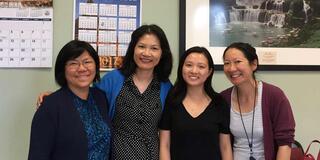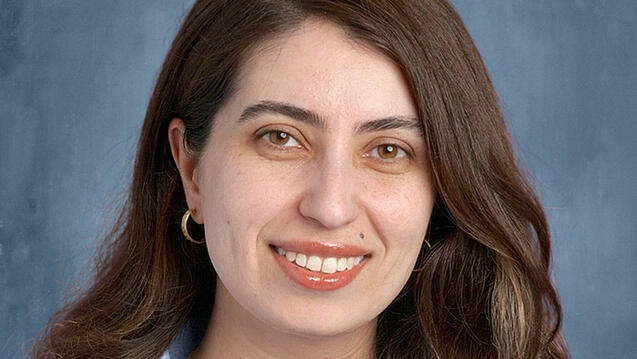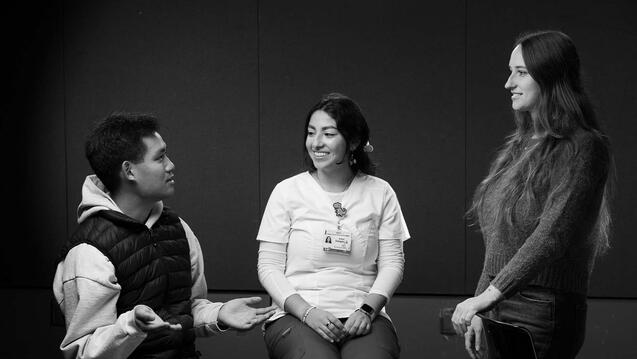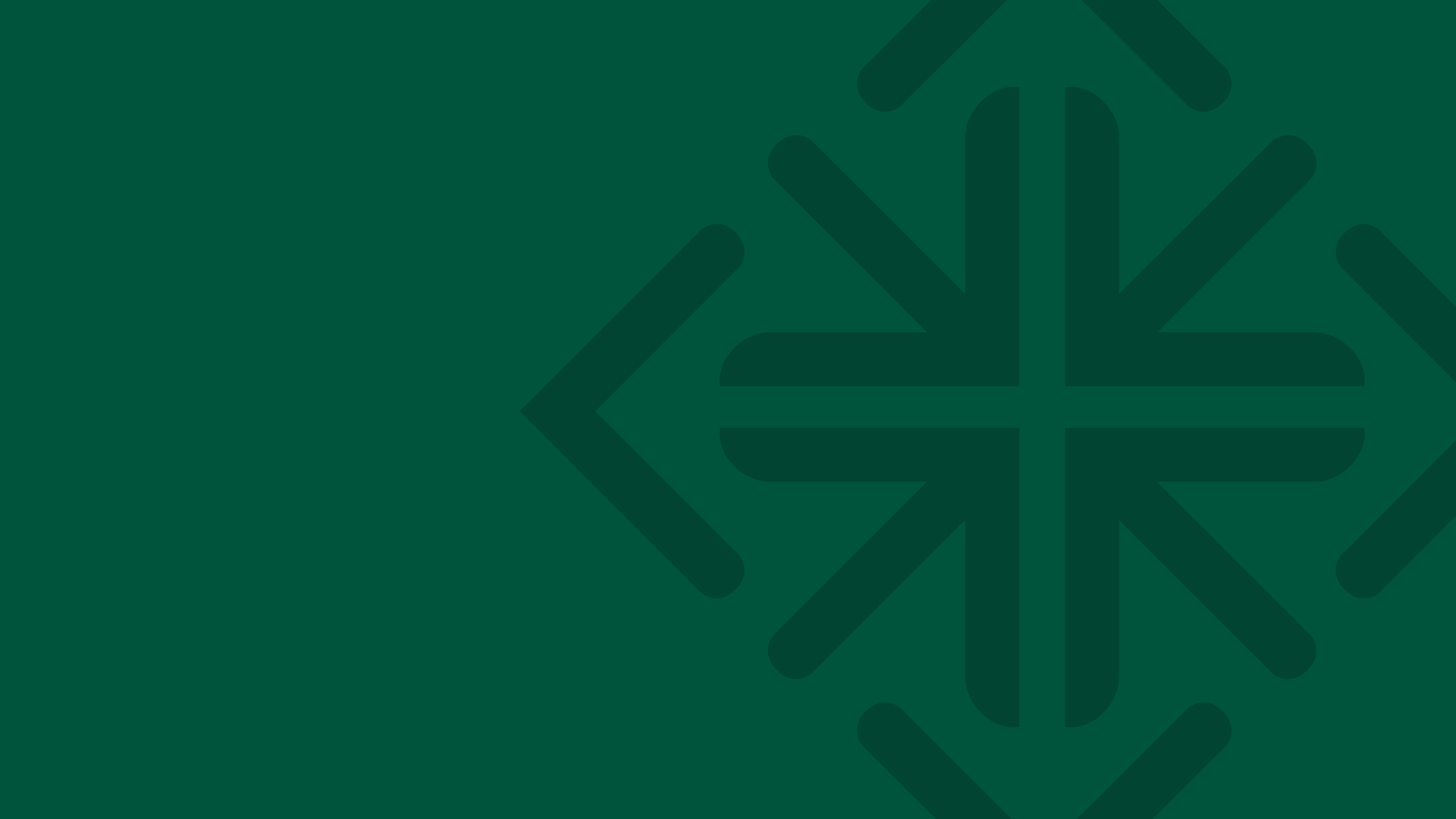USF Professor Uses Mobile App to Create Connections for Cancer Patients

A cancer diagnosis often leads to feelings of fear and isolation. Cancer can feel stigmatizing and many patients feel uncomfortable asking for support, feeling as if others will not understand. Cancer can be particularly isolating for patients that are also immigrants, as they navigate the disease within the context of a different language and culture.
Dr. Hsiu-Lan Cheng, assistant professor of counseling psychology, is contributing to a project addressing these feelings of isolation by providing support to newly diagnosed cancer patients. The project was initiated and written by Lei-Chun Fung, Health Educator at Chinatown Public Health Center (CPHC) in San Francisco Department of Public Health, and is partially funded by the community group Chinese Community Health Care Association (CCHCA).
The project aims to promote social support and psychological wellbeing among recently diagnosed cancer patients by connecting them with peer cancer survivors using a cell phone mobile application. It focuses specifically on Chinese immigrants with limited English proficiency, a group at risk of social isolation.
By partnering with Dr. Hsiu-Lan Cheng, and Drs. Genevieve Leung and Evelyn Ho, professors in USF’s College of Arts and Sciences, the project is able to conduct assessments of the trained peer cancer survivors (counselors) and newly diagnosed cancer patients (counselees).
Utilizing the mobile application WeChat, newly diagnosed cancer patients are connected with peer cancer survivors who are trained to provide emotional support, and share strategies for speaking with doctors and talking to family and friends about cancer. Utilizing a mobile application provides a sense of anonymity for the the newly diagnosed patient and helps them feel less exposed, explains Dr. Cheng.
Partners remain the same throughout the eight week span of the project to further create a sense of safety and nourish a relationship.
Beginning in spring 2017, the project successfully enrolled 16 cancer patients and 14 peer counselors. While the goal of the project was to provide support to the cancer patients, the initial outcomes of the project show that the the peer counselors also report increased levels of social support and emotional well being.
“Our hope is to share our findings with other counseling and community health centers, so that similar projects can be conducted,” explains Dr. Cheng. After the data is analyzed, Dr. Cheng and her colleagues will create a video tutorial about the project which can be shared with others interested in coordinating a similar project. “We want to make what we learn is accessible so that it benefits as many people as possible.”


